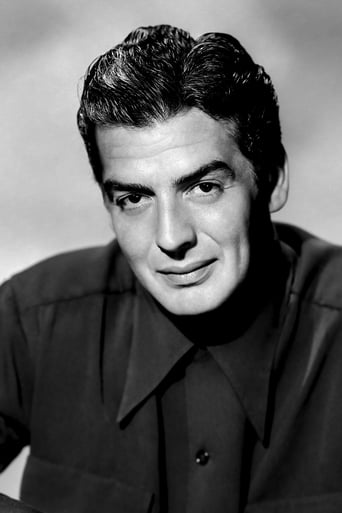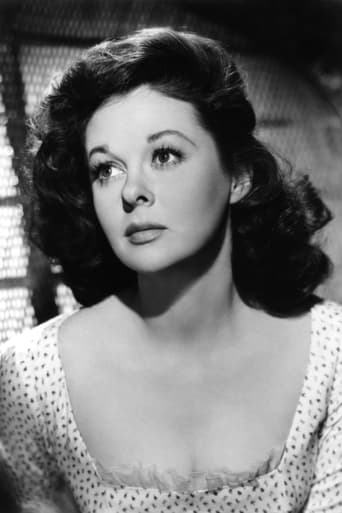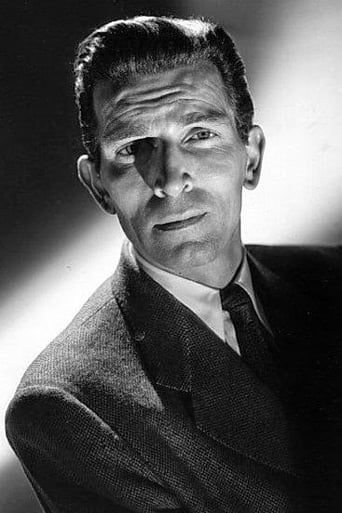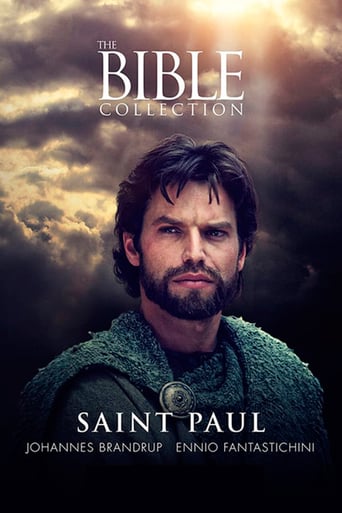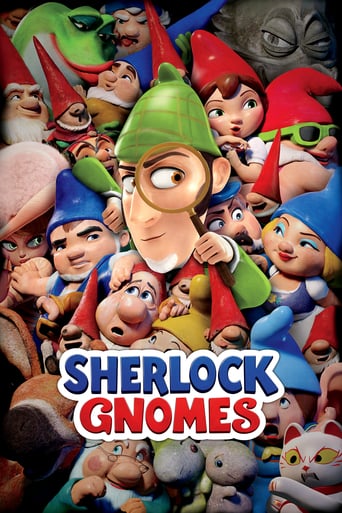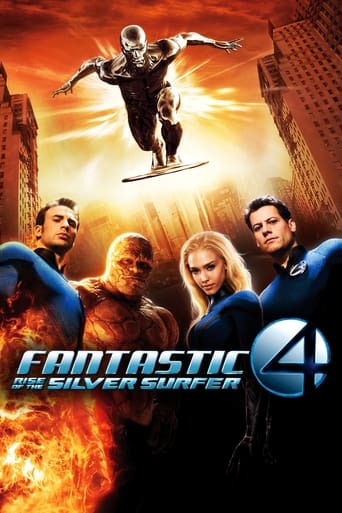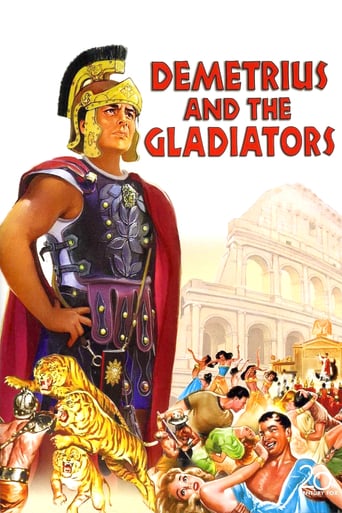
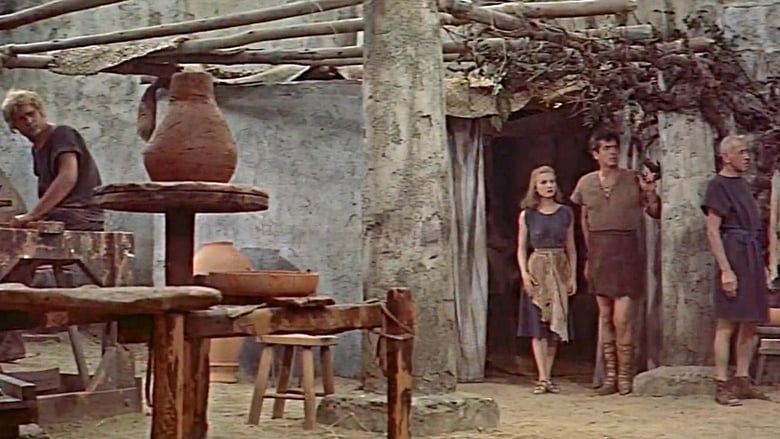
Demetrius and the Gladiators (1954)
The story picks up at the point where "The Robe" ends, following the martyrdom of Diana and Marcellus. Christ's robe is conveyed to Peter for safe-keeping, but the emperor Caligula wants it back to benefit from its powers. Marcellus' former slave Demetrius seeks to prevent this, and catches the eye of Messalina, wife to Caligula's uncle Claudius. Messalina tempts Demetrius, he winds up fighting in the arena, and wavers in his faith.
Watch Trailer
Cast
Similar titles
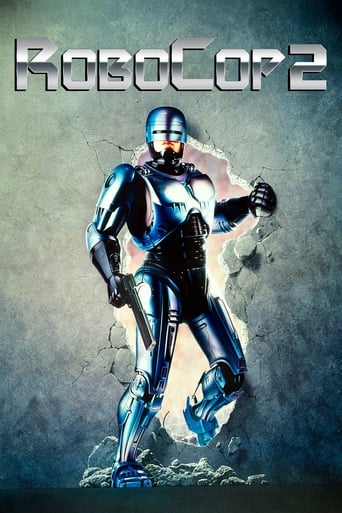
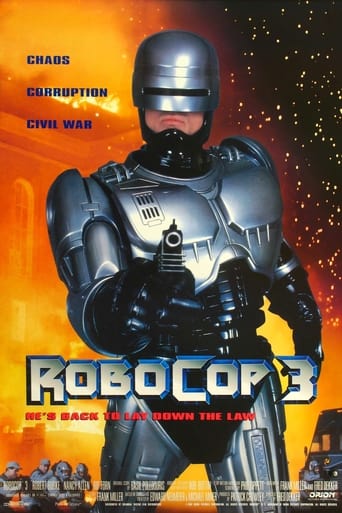

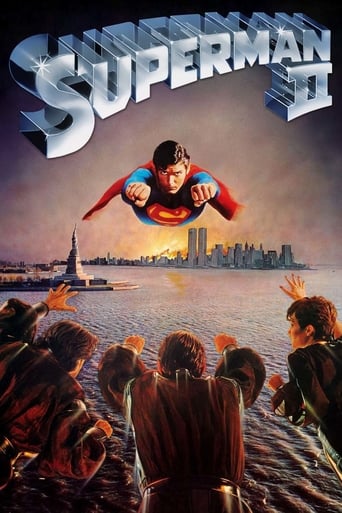
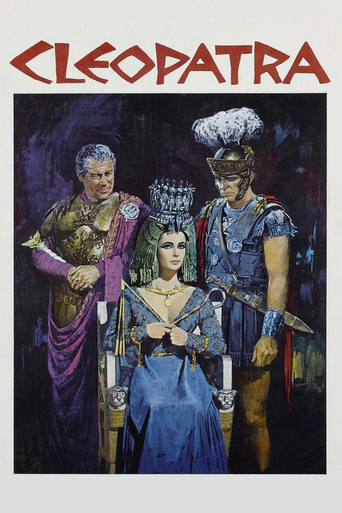
Reviews
I like the storyline of this show,it attract me so much
Slow pace in the most part of the movie.
what a terribly boring film. I'm sorry but this is absolutely not deserving of best picture and will be forgotten quickly. Entertaining and engaging cinema? No. Nothing performances with flat faces and mistaking silence for subtlety.
Through painfully honest and emotional moments, the movie becomes irresistibly relatable
This film was a sequel to "The Robe" and was immediately shot after the end of this film, retaining the cast, crew and sets. However, they present us a better script: it's still necessary to make an effort to believe in all the story, but it's credibility has generally improved. One of the most unbelievable moments its when Caligula orders to confiscate Jesus tunic believing that it could confer some power to him, when he saw himself as a god. But these far-fetched moments are punctual. The absence of Richard Burton, which I didn't like to see in the first film due to his bad acting, was another improvement, allowing Demetrius to come out and be the center of our attention. His course throughout the film will be an efficient and effective test of faith. These character was played by Victor Mature, who gives us a very good work. Michael Rennie had little time to show his talent but never seemed quite alright in the role of St. Peter while, on the other hand, Susan Hayward was perfect in the role of the Machiavellian and treacherous Messalina. Jay Robinson retained the role of Caligula, who performed with quality and panache but no big surprises. Debra Paget played a minor role, as a love interest for Demetrius, but what she did was well done. Much more interesting was William Marshall, who gave life to an African gladiator who is converted to Christianity by the example of his companion in the arena. Sets and costumes result from the recycling of material used in "The Robe", so there are no surprises or improvements. These material, however, is considerably better, more convincing and historically accurate than what we can see in some much more famous and successful biblical films of this period.So, far from being a rehab for "The Robe", this movie seems to have learned from the mistakes of that film, being better and more enjoyable in almost every aspect. However, perfection or artistry is still far from being achieved.
A sequel to 1953's "The Robe" starring Richard Burton, Jean Simmons and Victor Mature, this film picks up following the martyrdom of Marcellus Gallio -- Burton -- and Diana -- Simmons -- due to their unwavering faith in Jesus Christ.In this movie, Victor Mature reprises his role as Demetrius, as does Jay Robinson as Emperor Caligula, and Michael Rennie as the Apostle Peter. There are a number of other well-known actors as well. Please refer to the cast listing.While this movie has some Biblical themes and deals with faith, it is not strictly a Bible-based movie per se. In other words, it does not follow the lives of Jesus Christ, the Apostles or any of the Old Testament prophets or patriarchs. Rather, it concerns what happens to the former slave Demetrius after the events which are portrayed in "The Robe". It has more gladiator scenes than religious scenes.Briefly, due to an altercation with Roman soldiers while trying to protect the Robe, Demetrius is taken prisoner, and is then forced to enter a Roman gladiator school. Initially, Demetrius refuses to fight, or to kill another man because of his Christian convictions. However, following a series of events in which it appears that his love interest Lucia -- played by Debra Paget who was also Joshua's love interest Lilia in "The Ten Commandments" -- has died, Demetrius does an about face, turns against God and his faith, because very worldly, and begins to kill his opponents. Furthermore, Demetrius gets a taste of power and popularity when Caligula makes him a tribune following his victory over multiple opponents in the arena.The storyline includes a variety of plots and subplots, including Emperor Caligula's endeavors to acquire the Robe, Claudius' wife Messalina's romantic escapades with the backslidden Demetrius, and Claudius' patience in waiting to become the next emperor.Ultimately, Demetrius repents of his backslidden state and returns to the Christian fold when it is revealed that Lucia is not really dead, and her health is restored. Caligula is assassinated by members of the Praetorian Guard while sitting in the arena; and Claudius is proclaimed the new emperor, with his wife Messalina by his side. Claudius promises to not bother the Christians, just as long as they obey Roman laws.Overall, the acting is good, although I personally didn't really become attached to any of the characters.If you are willing to overlook the Biblical inaccuracies, as well as the errors concerning actual Roman history, and just accept this as a fictional work regarding early First Century Rome and gladiatorial fights, you may enjoy this film.
Filmed at almost the same time, this film was a fitting sequel to "The Robe," considering it did not have the star power of the earlier film. None the less it loses some of the reverence of the first film, as Demetrius, so passionate a Christian in the first film, seems to give in and give up on it all too quickly in this one. The tie-in of the final scene from "The Robe" as the opening scene to this movie was a good advertising ploy, and the musical score of Franz Waxman melded well with the earlier Newman themes. The powerful insanity of Caligula is once again handled well by Jay Robinson, who brought the character vividly to life, as I remember from my Roman History studies. If the Rome of those days was as charming as depicted in these films, I would not have minded living there and then. The performances of the cast, especially the minor characters, was excellent, although Mature was still awfully stiff in his performance. But a good sequel over all.
The historical epics which were so popular in the fifties and early sixties frequently had a religious theme. Some were based on stories taken directly from the Bible ("The Ten Commandments", "Solomon and Sheba", "King of Kings"), while others tried to convey a Christian message indirectly. Thus the central character of "Spartacus" is treated as a metaphorical Christ-figure, and "The Egyptian" draws parallels between Christianity and the monotheistic religion of Atenism which briefly flourished under the heretical Pharaoh Akhnaten. "Demetrius and the Gladiators" is one of a number of films (the most famous is "Ben Hur", but others include "The Robe", to which "Demetrius" is a sequel, "Quo Vadis" and "The Fall of the Roman Empire") which deal with the early days of the Christian church and its persecution by the Roman emperors. The stories told by such films were normally fictitious, but were set against a background of historical fact. The central character, Demetrius, is a former slave who, after assaulting a soldier who is molesting his girlfriend Lucia, is sentenced to fight in the arena as a gladiator. This causes him difficulties as he is a Christian whose moral code will not permit him to kill another man, even in self-defence. He survives, however, largely because he attracts the attention of Messalina, the wife of Claudius, uncle of the Emperor Caligula. Later, believing that Lucia has accidentally been killed by another gladiator, Demetrius renounces his Christian faith, and fights fiercely, killing the man he believes to have been responsible for her death and several others. His courage and skill with a sword lead to his being made a tribune in the Praetorian Guard, and he becomes Messalina's lover. As in "The Robe", the robe which Christ wore to His crucifixion plays an important part in the film; Caligula wants to get his hands on it because he believes that it has magical powers and that it will give him the secret of eternal life. Several of the epics of this period combined, incongruously, an improving religious message with a good deal of eroticism, with much bare female flesh on display- examples include "Solomon and Sheba", "Esther and the King" and "Salome", where we get to see the famous dance of the seven veils, but it is made clear that, contrary to the Biblical version of the story, Rita Hayworth's character is in fact a virtuous heroine who only is flashing her legs in public in a desperate attempt to save John the Baptist from his fate. There are elements of this strange combination of godliness and sexiness in "Demetrius", but the sexiness is very much downplayed. Messalina's notorious promiscuity is alluded to rather than shown on screen, and the scene between the gladiators and the women brought in to entertain them may be an orgy, but it is a very decorous one. The film-makers were clearly more interested in the element of godliness, and, unlike some films of this type, "Demetrius" raises genuine moral issues about pacifism, non-violence and Christian forgiveness. Demetrius himself is a man who goes through a crisis of faith and abandons his Christian beliefs in favour of an ethic based on revenge and worldly ambition. His conscience, however, is troubled, especially after he is reproached by his old friend St Peter. He is a more complex and interesting figure than many epic heroes, so it is unfortunate that the part was played by Victor Mature, an actor whose success often seemed to owe more to his ruggedly masculine good looks and his virile physique than to his acting technique. Susan Hayward (an actress who could often look bored and listless when asked to play roles that did not interest her) makes a weak Messalina. Neither give their worst performance (in Hayward's case that must surely have been "The Conqueror"), and Mature brings a certain rough sincerity to his part, but I felt that the film might have been improved with other actors in these roles.Nevertheless, there was much I enjoyed about the film. Michael Rennie was appropriately dignified as Peter, played as a sort of ascetic philosopher, although I would agree with the reviewer who pointed out that it would be hard to imagine him ever working as a fisherman. I also liked William Marshall as Glycon, the former African king now forced to fight as a gladiator, who befriends Demetrius. ("Spartacus", a better film than "Demetrius" although it owes something to it, also features a sympathetic black gladiator who befriends the hero). Jay Robinson, who played Caligula, has been criticised by some reviewers for overacting, although I must say I liked his performance. Historians have doubted whether the real Caligula was actually insane, although he was undoubtedly cruel and eccentric, but in the context of this film he is definitely presented as a lunatic, a man who has literally been driven mad by power to the point where he believes himself to be a god. (Not even Hitler went that far). There is an interesting contrast with a modern epic, "Gladiator", in which Joaquin Phoenix plays another tyrannical Roman Emperor, Commodus, as a basically weak and insecure young man. Although Phoenix's performance works well in the context of that particular film, the way the role of Caligula was written called for something quite different- the sort of ranting, over-the-top performance which might be unfashionable now but would have been less controversial in the fifties.Although the standard of the acting is mixed, I generally enjoyed the film. It does not reach the standard of the really great epics, such as "Spartacus" or "Ben-Hur", but it works well on the level of spectacle, with fine sets and costumes and some exciting scenes of gladiatorial combat, and has a more intelligent script than many epics. 7/10
